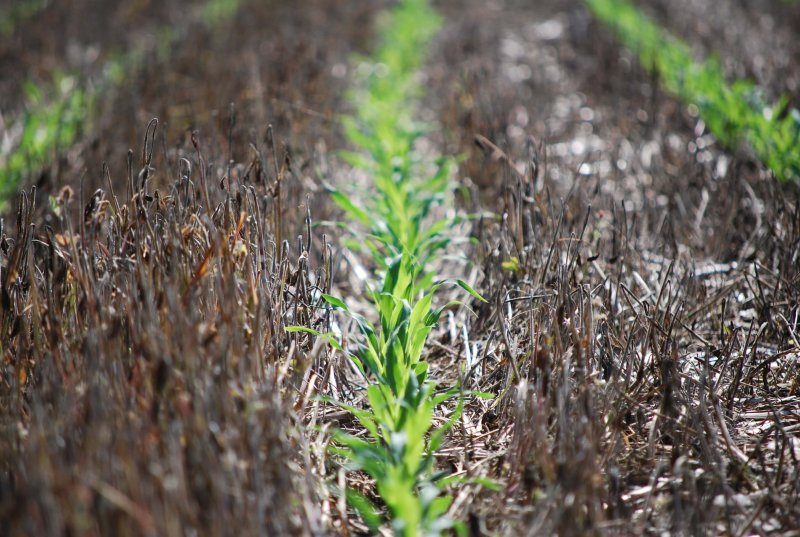Recent research has shown that rising carbon dioxide levels will likely boost yields, but at the cost of nutrition. A new study in Plant Journal….suggests that this is an incomplete picture of the complex environmental interactions that will affect crops in the future — and rising temperatures may actually benefit nutrition but at the expense of lower yields.
Two years of field trials show that increasing temperatures by about 3 degrees Celsius may help preserve seed quality, offsetting the effects of carbon dioxide that make food less nutritious. In soybeans, elevated carbon dioxide levels decreased the amount of iron and zinc in the seed by about 8 to 9 percent, but increased temperatures had the opposite effect.
…
“Iron and zinc are essential for both plant and human health,” said Ivan Baxter, a principal investigator at the Danforth Center. “Plants have multiple processes that affect the accumulation of these elements in the seeds, and environmental factors can influence these processes in different ways, making it very hard to predict how our changing climate will affect our food.”
…
Next, [the researchers] plan to design experiments to figure out the mechanisms responsible for this effect.
Read full, original article: Rising temperatures may safeguard crop nutrition as climate changes































